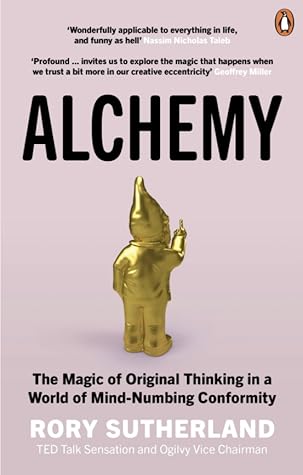You don’t need reasons to be rational. History books are full of examples of public health or social benefits that have been driven by spiritual rather than material reasons.fn1 Strict dietary law, in both Islam and Judaism, is a good example – and has a further benefit in the shape of social cohesion, as it forces people to eat together. Additionally, while the rule against eating pigs may seem superstitious, as the anthropologist Richard Redding explains, keeping chickens rather than pigs has several key advantages. ‘First, they are a more efficient source of protein than pigs; chickens
You don’t need reasons to be rational. History books are full of examples of public health or social benefits that have been driven by spiritual rather than material reasons.fn1 Strict dietary law, in both Islam and Judaism, is a good example – and has a further benefit in the shape of social cohesion, as it forces people to eat together. Additionally, while the rule against eating pigs may seem superstitious, as the anthropologist Richard Redding explains, keeping chickens rather than pigs has several key advantages. ‘First, they are a more efficient source of protein than pigs; chickens require 3,500 litres of water to produce one kilo of meat, pigs require 6,000. Secondly, chickens produce eggs, an important secondary product which pigs do not offer. Third, chickens are much smaller and can thus be consumed within 24 hours; this eliminates the problem of preserving large quantities of meat in a hot climate. Finally, chickens could be farmed by nomads. While neither chickens nor pigs can be herded in the same way as cattle, chickens are small enough to be transported.’ You can also add the risk of infection to this list; although in Judaism the prohibition against eating pork is described as chok, meaning a rule for which there is no rationale, pigs can spread diseases, and pig farming may pass them on to humans. Similarly, Islam requires that the dead are buried as soon as possible after death, in order to ‘reduce the suffering of the deceased in the afterlife and to re...
...more
This highlight has been truncated due to consecutive passage length restrictions.


